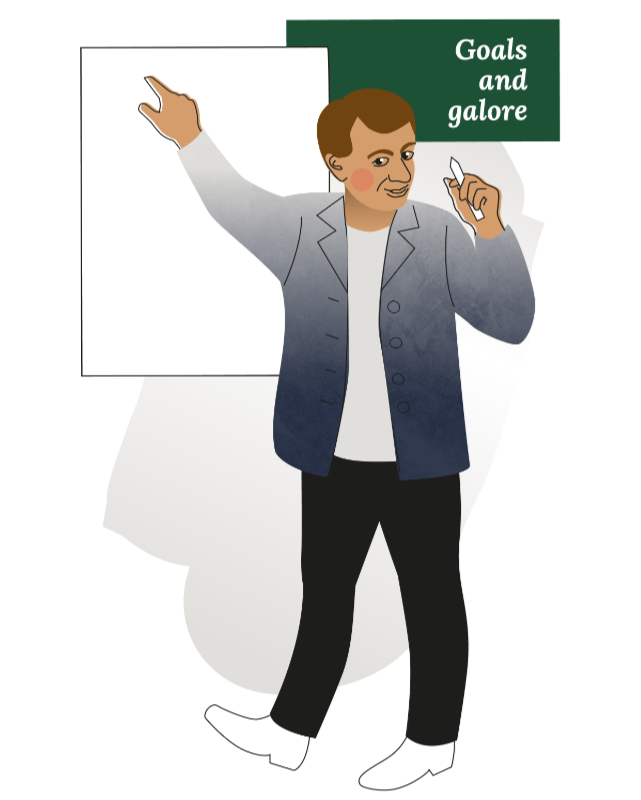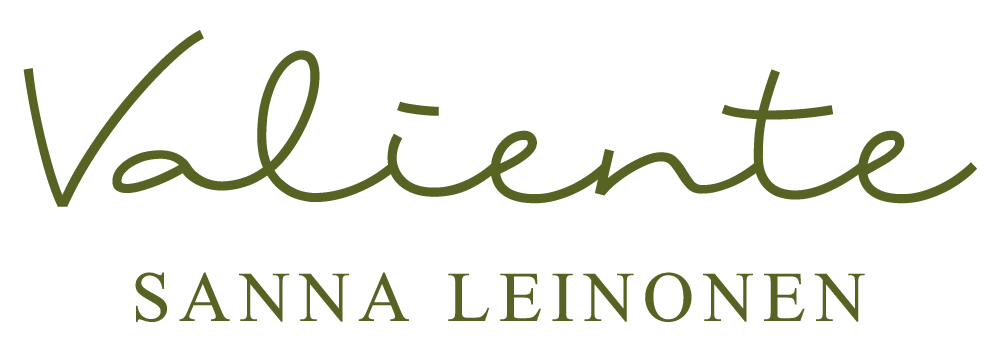One of the basic principles of collaborative work and learning is setting goals, shared goals. Goals help the team to stay focused and to follow the same path. Usually the team’s purpose and goal go together. If a teacher team’s purpose is to plan an intercurricular unit, that is also their goal, but that is not enough. This bigger goal must be divided into smaller goals and that must be done together and in mutual agreement.
The best teams invest a tremendous amount of time and effort exploring, shaping, and agreeing on a purpose that belongs to them both collectively and individually. Most importantly the team purpose gives the team an identity that is something more than just the sum of the team members. This identity helps the team when they (inevitably) at some point face challenges and everything doesn’t go as they have planned.
When thinking about the goals, the team can go through these question to help clarify the situation:
- Are the goals team’s goals versus broader school goals or administrators’ goals?
- Are the goals clear, simple and measurable? If not measurable, can their achievement be determined?
- Are the goals realistic as well as ambitious? Do they allow small wins along the way?
- Is their importance clear to all team members?
- Do ALL the members agree with the goals, their importance and the way the achievement will be measured?
- Do all the members articulate the goals in the same way?
(adapted from Katzenbach)
It is important that the team doesn’t just set goals, but when they reach their goals, they celebrate their success as well. If excellence is an ongoing process, there will be small targets and small victories all the way through the school year. Celebration of these helps the team sustain their effort and renew their energy.

